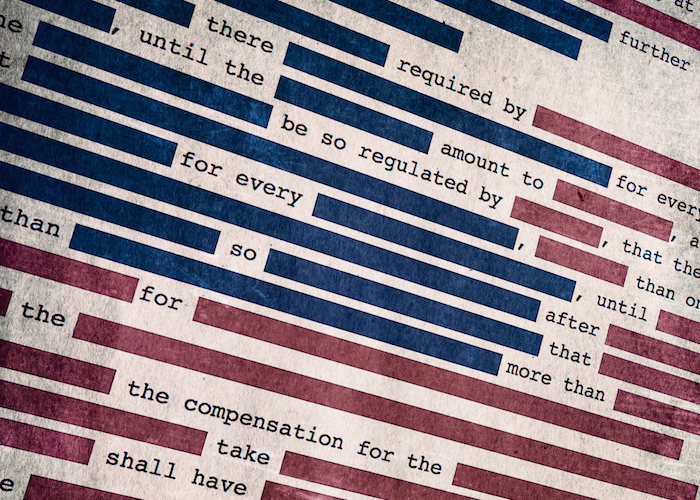Nonprofit FOIA site
MuckRock announced Tuesday that it is officially taking over the records request tool
FOIA Machine. FOIA Machine, funded through foundations like Knight and via a
successful 2013 Kickstarter campaign, helps records requesters (whether journalists or interested members of the public) send and track their information requests. It’s a service that intersects with much of MuckRock’s work to make the FOIA process more efficient and more transparent. The MuckRock team rewrote FOIA Machine’s source code to bring in some of MuckRock’s databases (on agencies and exemptions), and will open source its own code base as well.
“The two teams have gotten to know each other very well over the years, and we’ve talked a lot about ways we could broaden our impact. Since we’ve seen agencies become increasingly reluctant to release records back to the public, working together to improve both tools seemed like a good step forward,”
Michael Morisy, cofounder of MuckRock, wrote in an email. “One of the things that FOIA Machine really focused on was traditional newsrooms, which tend to want to have more control over the process, compared to our users, who tend to be happier to have us take on that work. Being able to serve both those audiences well was really exciting to us.”
The three journalists who had been working on FOIA Machine are joining MuckRock’s advisory board. Djordje Padejski (who started FOIA Machine during his time as a John S. Knight Journalism Fellow at Stanford), Coulter Jones, and Shane Shifflett all have other full-time jobs.
Both sites will still be separately available to users:
[T]he two sites will now share the same codebase, as MuckRock goes open source. As improvements are made to one tool they will more easily be developed for the other.
FOIA Machine will remain free to let users manually track their own requests, while MuckRock will continue to offer a “full service” experience that submits the requests directly to the agency, automatically follows up, and conveniently digitizes any responsive documents…
Over the next few weeks, current users of FOIA Machine will receive an email detailing how they can have their accounts transitioned over to the new site. If you’re eager to go ahead and poke around, you can try it out the beta of the new FOIA Machine here (you can use either your existing MuckRock credentials or create a new account).
Show tagsHide tags
